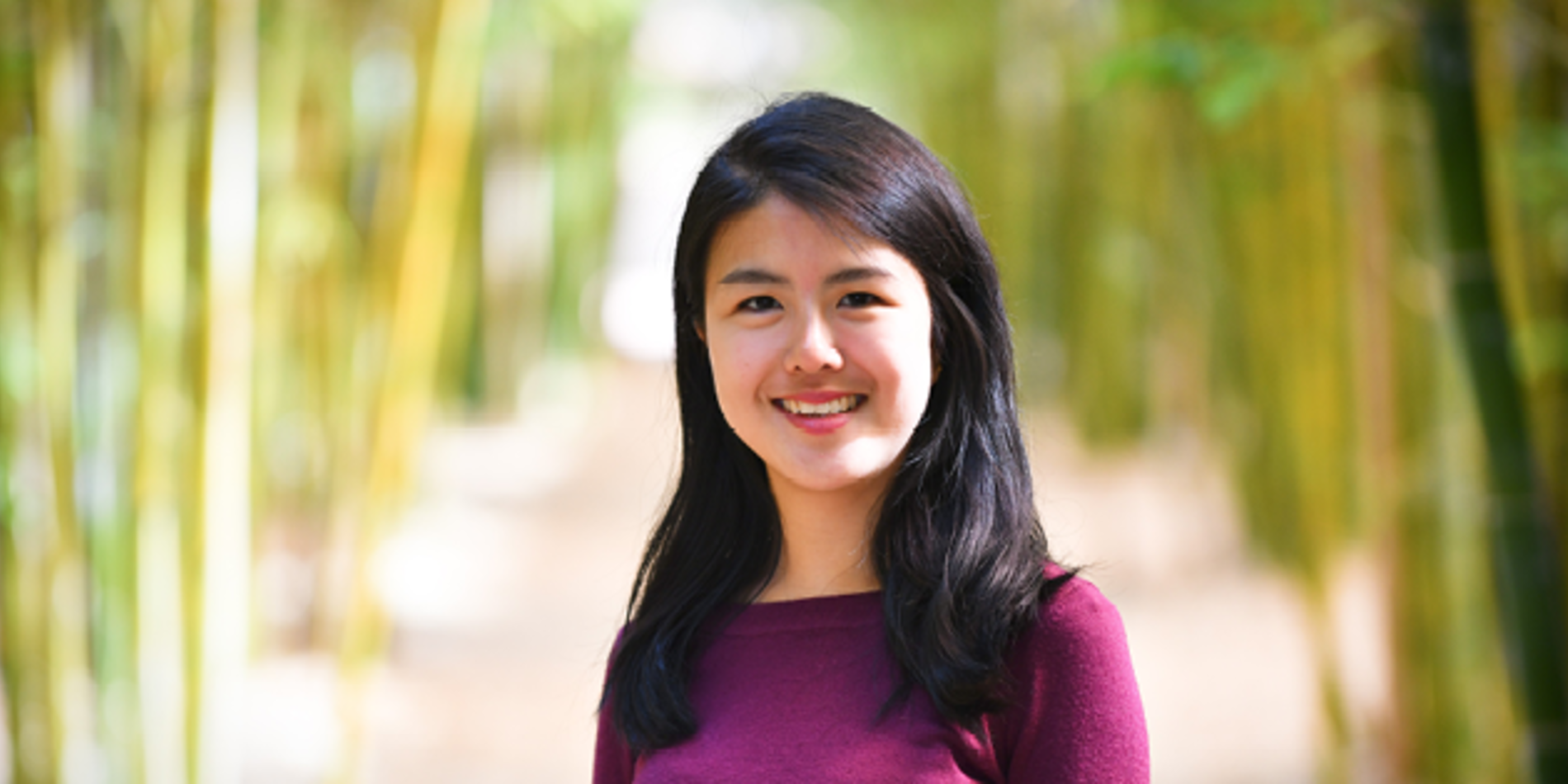
Wesley Michaels
Ph.D. ‘22
Chemical Engineering
Academic advisor: Professor Jian Qin
What have you been up to since Stanford?
I’ve been working at Mitra Chem, a battery materials company in Mountain View co-founded by Prof. Will Chueh of Stanford’s Materials Science and Engineering Department. We are working to manufacture iron-rich cathodes, servicing the increasing demand for clean energy storage in the United States. I started at Mitra doing data science, focusing on accelerating lifetime testing of batteries. Lately, I’ve been the technical lead on a collaboration to produce and scale a next-generation cathode chemistry called lithium iron manganese phosphate. Outside work I try to take in all the Bay Area has to offer and to pet my dog who, it turns out, is extremely cute.
What’s your fondest memory about your time at Stanford?
The Chemical Engineering community broadly was one of the defining aspects of my time at Stanford. The individualized nature of graduate research can be isolating, and during those times the warm, welcoming ChemE community was the perfect antidote. Joining ski trips, happy hours, intramural sports, and more helped me to feel at home and to make lifelong friends in our department. I got involved in tutoring and volunteering programs through the encouragement of my peers, as well, and I thoroughly enjoyed working to strengthen our department’s community through the Graduate Student Action Committee. Our Chemical Engineering department had a special culture that I still cherish today.
Can you share any advice with our current students or postdocs?
Your time in academia is primarily about your training as a scholar, not just about the research you produce. As such, my advice would be that the direction you take your research ought not to be motivated only by the scientific results, but also by what you want to learn and grow into. What role would you like to have after you finish your program? What skills do you enjoy using? What kinds of challenges do you want to contribute to solving? There are many such questions to ask about what work you want to do, just as there are numerous decision points in any research project: What system are we studying? What questions are we asking about this system? How do we go about answering them? These questions about personal goals and scientific direction ought to be considered together. There are often constraints on these decisions, many outside our direct control. Nonetheless, I think prioritizing your personal preferences will increase the chances that you spend your time on ideas you find compelling, in a way you hopefully find fulfilling and enjoyable.
This article is part of the Department of Chemical Engineering Alumni Spotlight series designed to highlight the impact and trajectory of the work of our alumni. Stanford University does not endorse any non-Stanford entities, programs, products, or services listed in the article.


